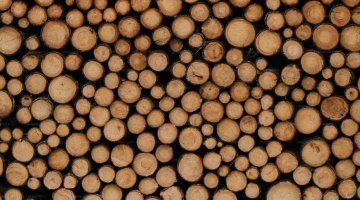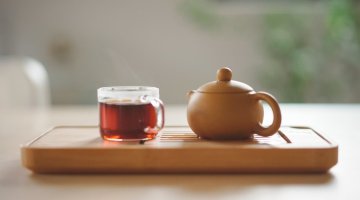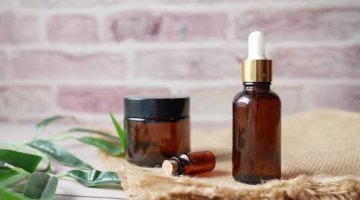How Herbs are Used
Herbs can be a gentle, natural approach to wellness. But how does a person use them? This article explains the various ways that herbs are prepared and used.
TEA: 1 tsp. of herb is used for 1 cup of water. Used internally or externally. Infusion: (For herb leaves or flowers). Water is heated to boiling, removed from heat, & poured over herb. Is set until cool enough to drink. Cold Water Infusion: Herbs are covered with cold water and steeped overnight. Slightly heated before using. Decoction: (For herb root, bark, or seed). Water is heated to boiling, herbs added, boiled for 3 minutes-1hour (the longer it’s boiled, the stronger it will be), or until half the liquid has evaporated. Removed from heat and let set until cool enough to drink.
MEDICINAL TEA: ½ oz. herb used per cup of water. Taken 3 times daily.
VINEGAR: Herbs placed in a jar and covered with apple cider vinegar. Shaken once a day for three weeks. Used herbs removed and liquid saved. Vinegars are stronger than teas. 1 tbs. taken daily or as needed. Used internally or externally.
EXTRACT or TINCTURE: Similar to a vinegar, except that alcohol (brandy, vodka, wine, etc.) is used in place of vinegar. 1 tbs. taken once or twice daily.
COMPRESS or FOMENTATION: A compress is a cloth soaked in a warm herbal tea or extract, and applied externally. When cloth cools, area cooled with cold water and fresh compress applied.
POULTICE: A poultice is simply taking the used herb from a tea, and applying it directly to skin. Reapplied when dry.
PLASTER: Herbs moistened, wrapped in a clean cloth, and applied externally.
OINTMENT: An herbal tea, extract, or vinegar mixed with a salve and applied externally.
OIL: Herbs are placed in a jar, covered with olive oil, and placed in a warm spot for 2-3 weeks. Oils are for external use only, and should never be taken internally.
BATH: Medicinal tea added to bathwater (anything can be absorbed through the skin).
SYRUP: Herbs boiled in water (½ oz. for each cup water) for ½-1 hour, cooled, equal amount of honey added, & refrigerated.
WARNING: A person can be allergic to just about anything, so it is generally recommended to begin with a small dose and to watch for reactions. Prolonged or excessive use of any herb raises the risk of being harmful to your health. What works for one person may not help, and may even be harmful to, another person. Never give herbs to a child unless you, and your child's doctor, first become knowledgeable & certain of its safety.
John Ritter is a writer for ounceofprevention.info, a free online encyclopedia concerning herbs and other healing foods used in nutritional healing and disease prevention.
More to Read:
Previous Posts:



